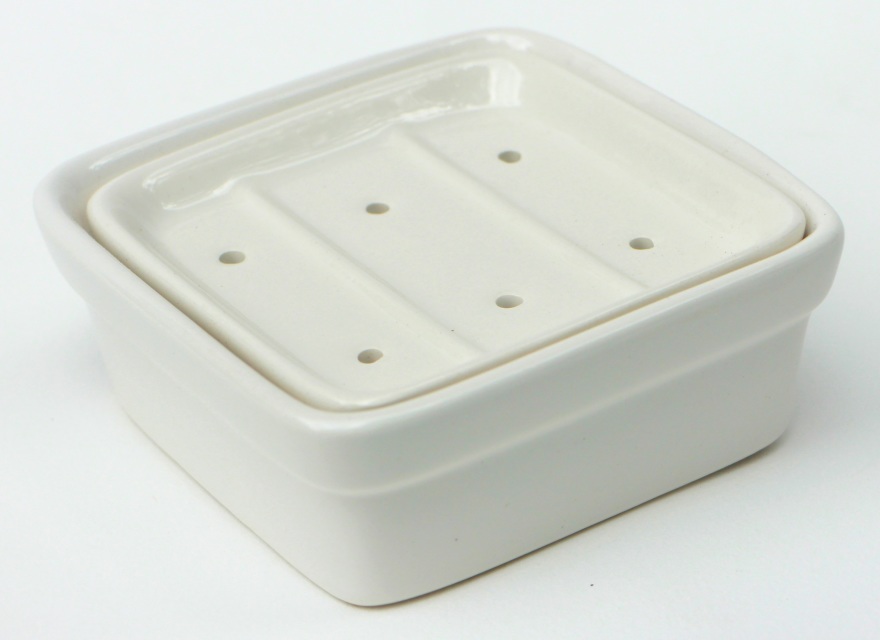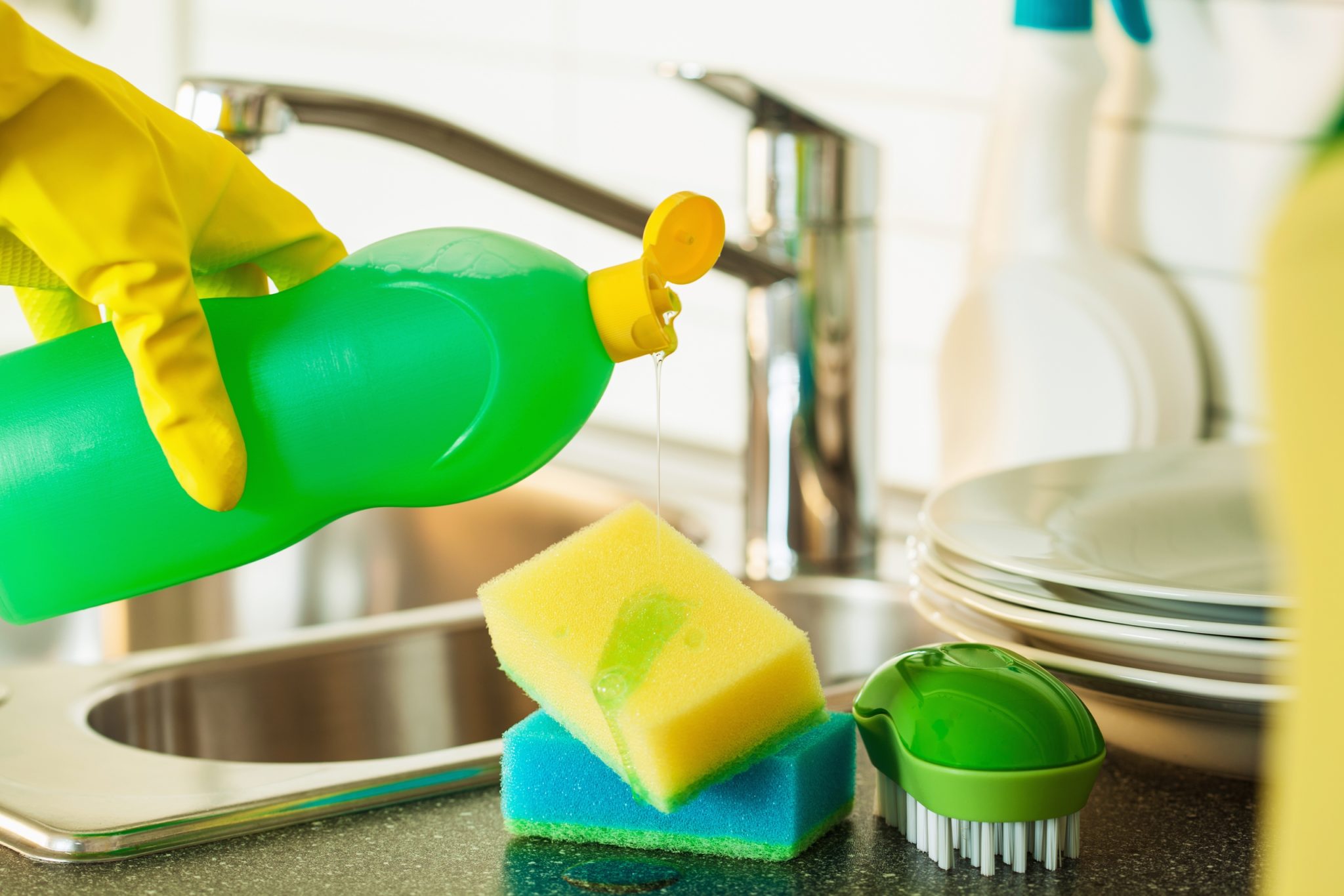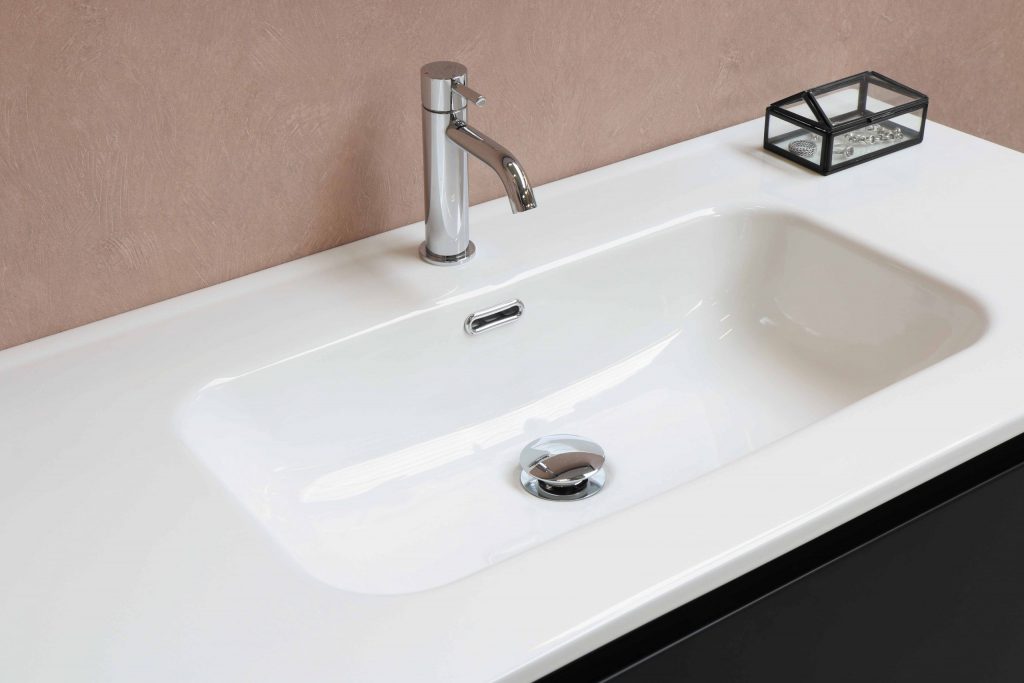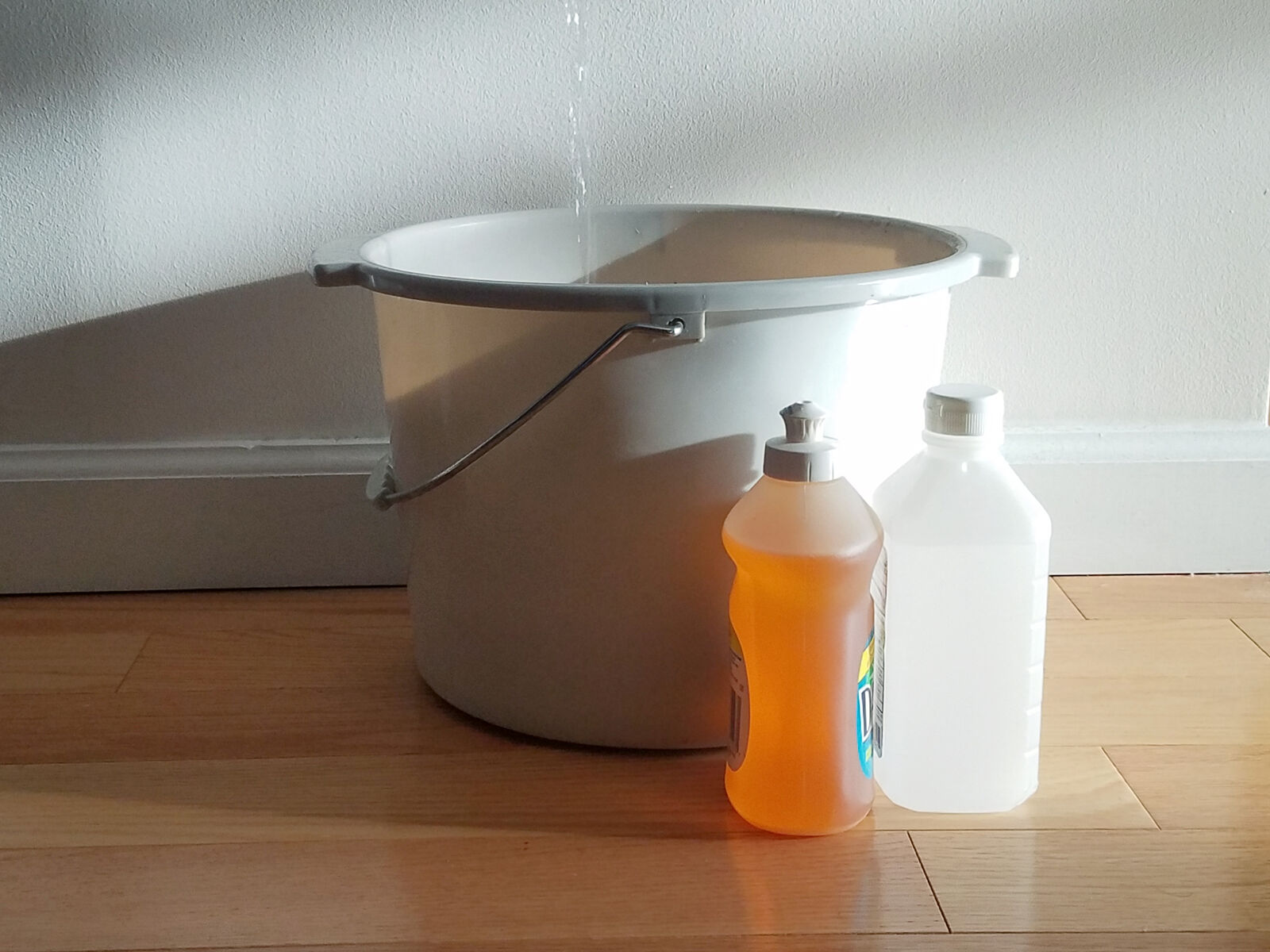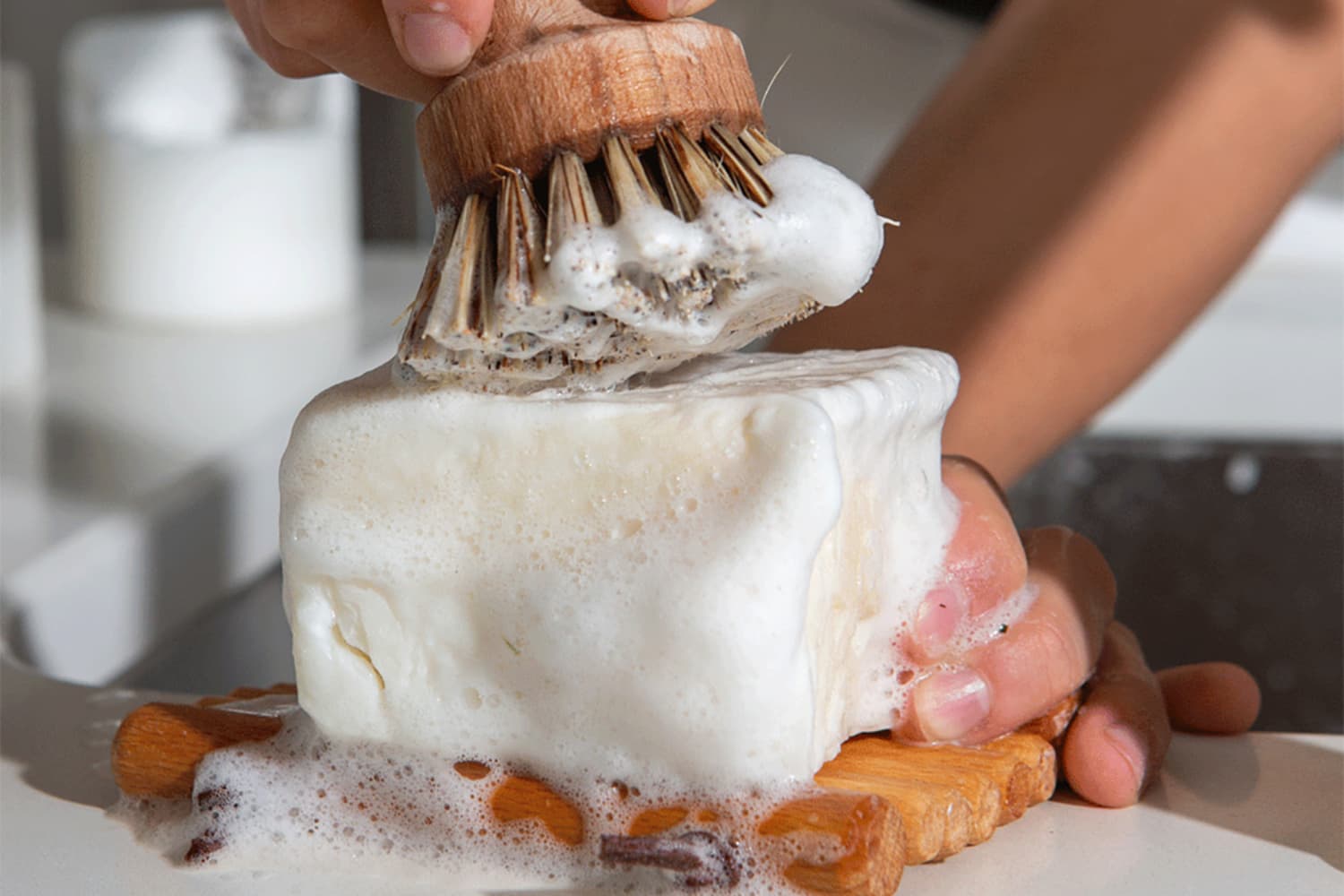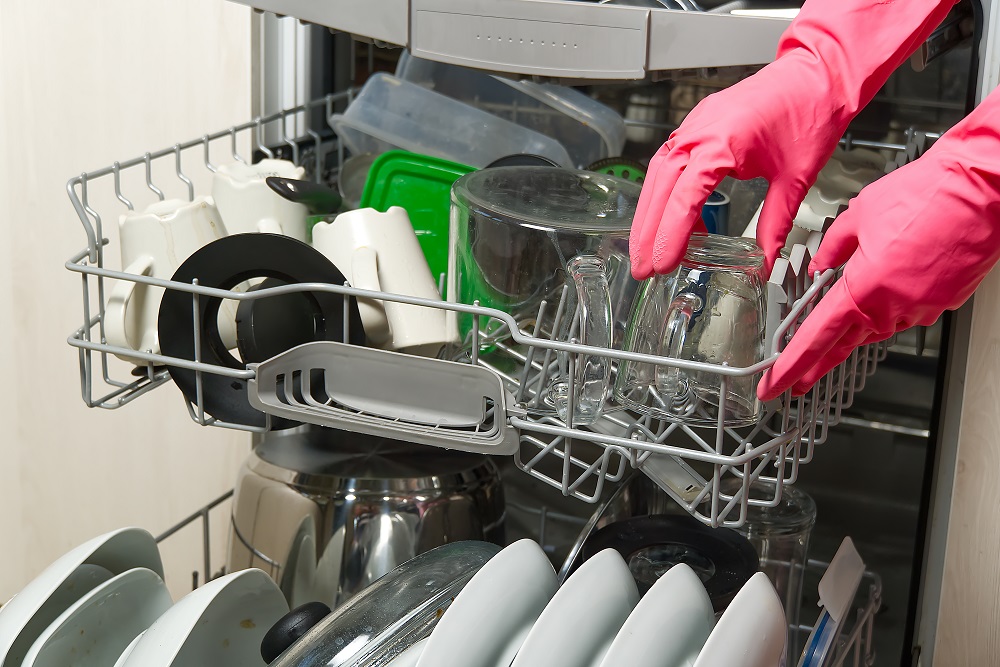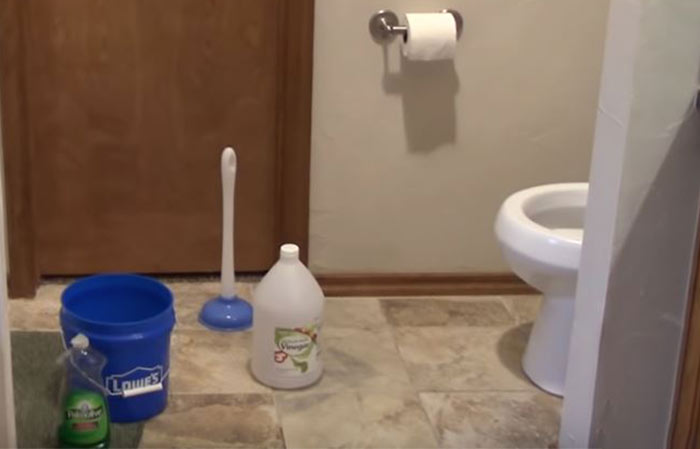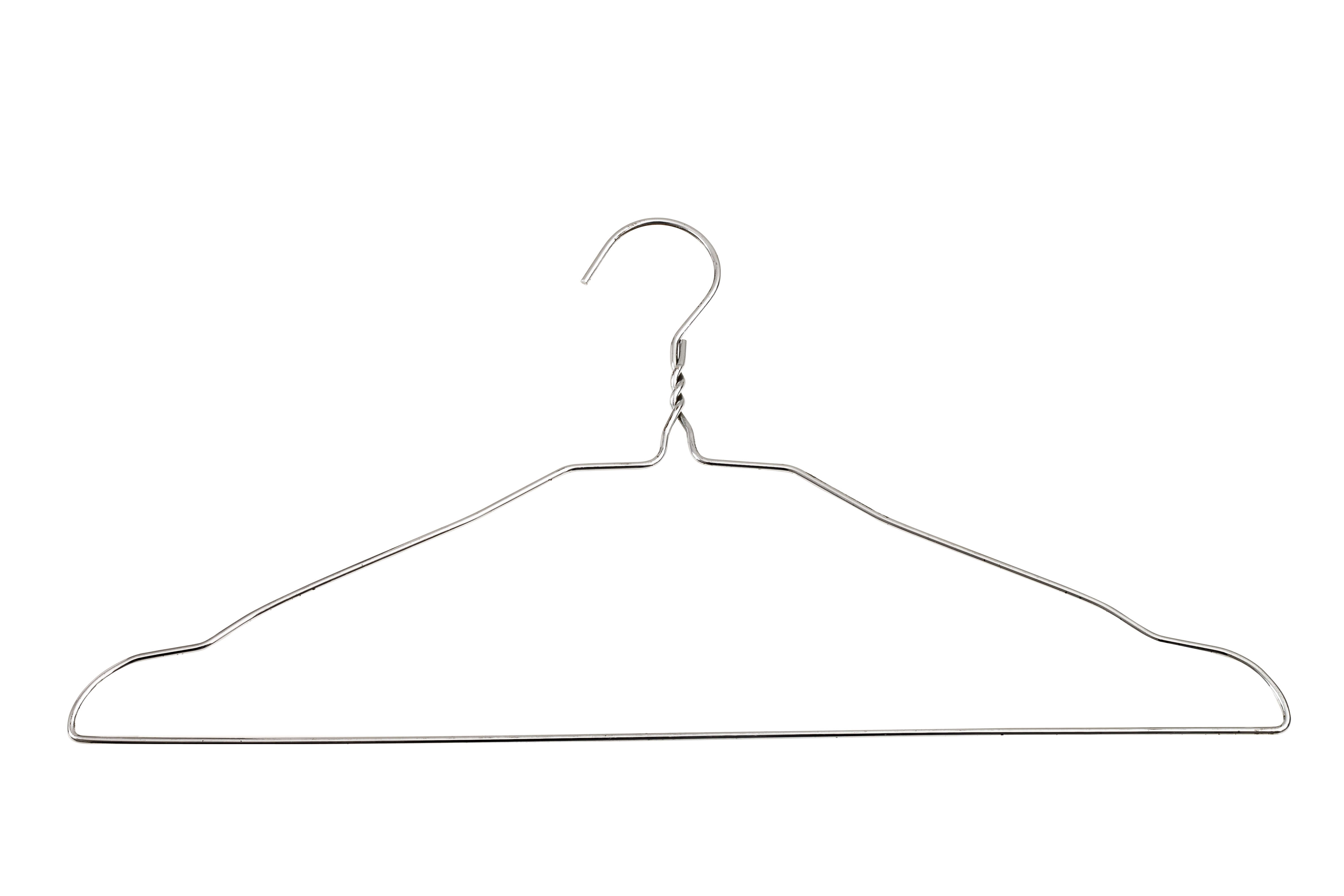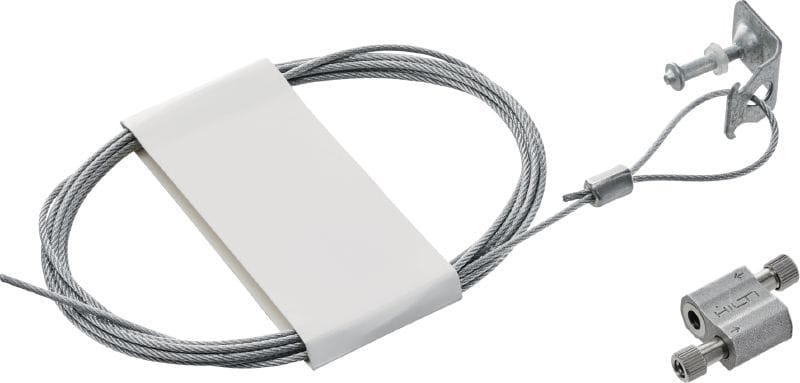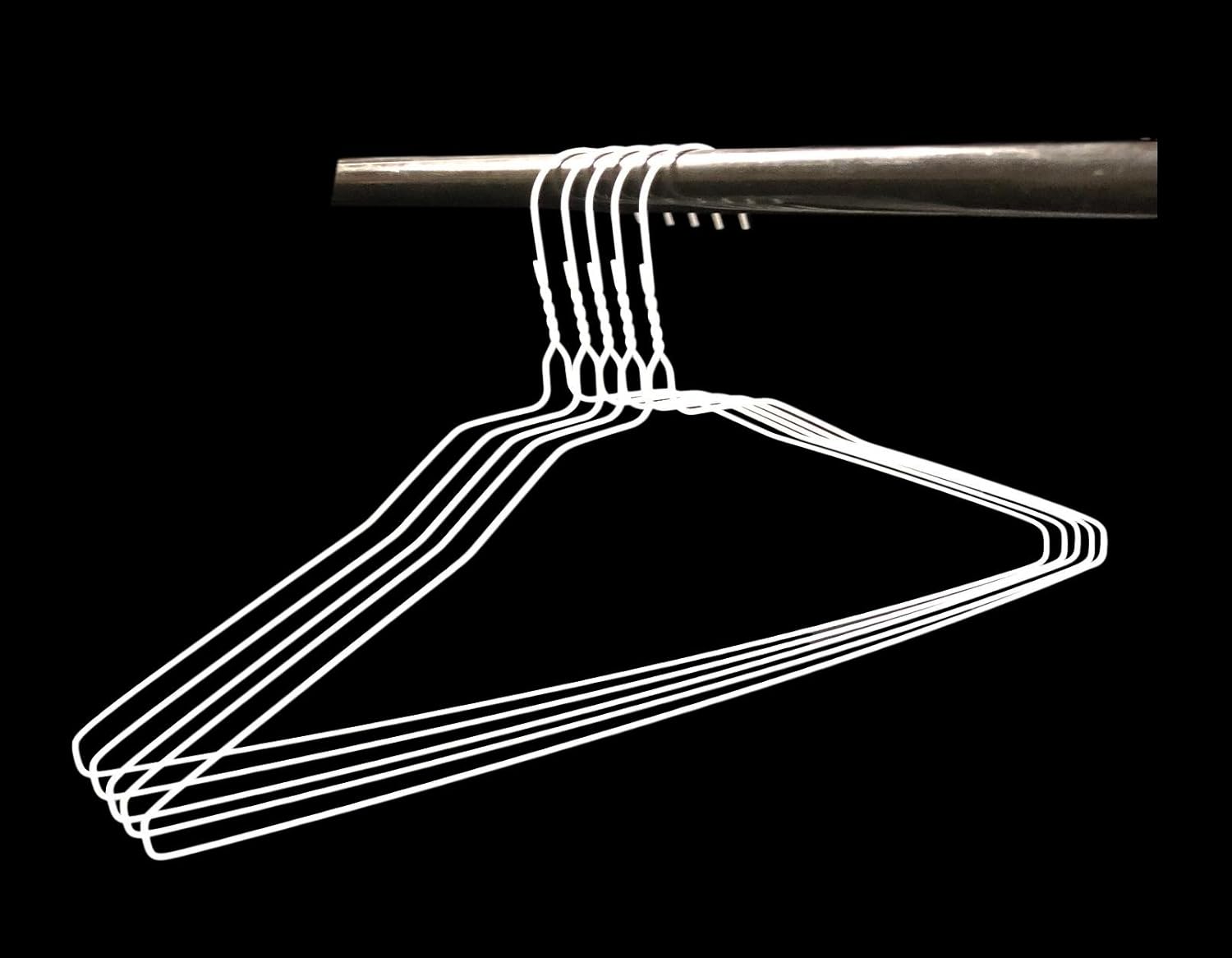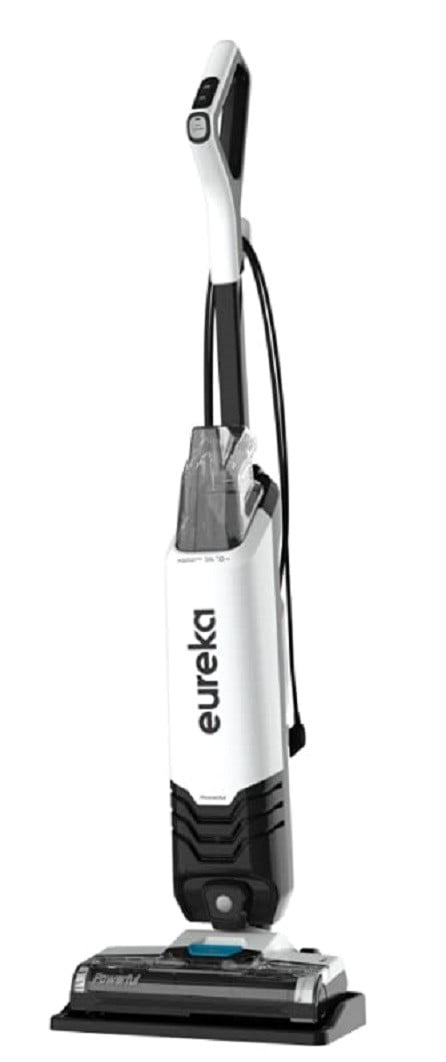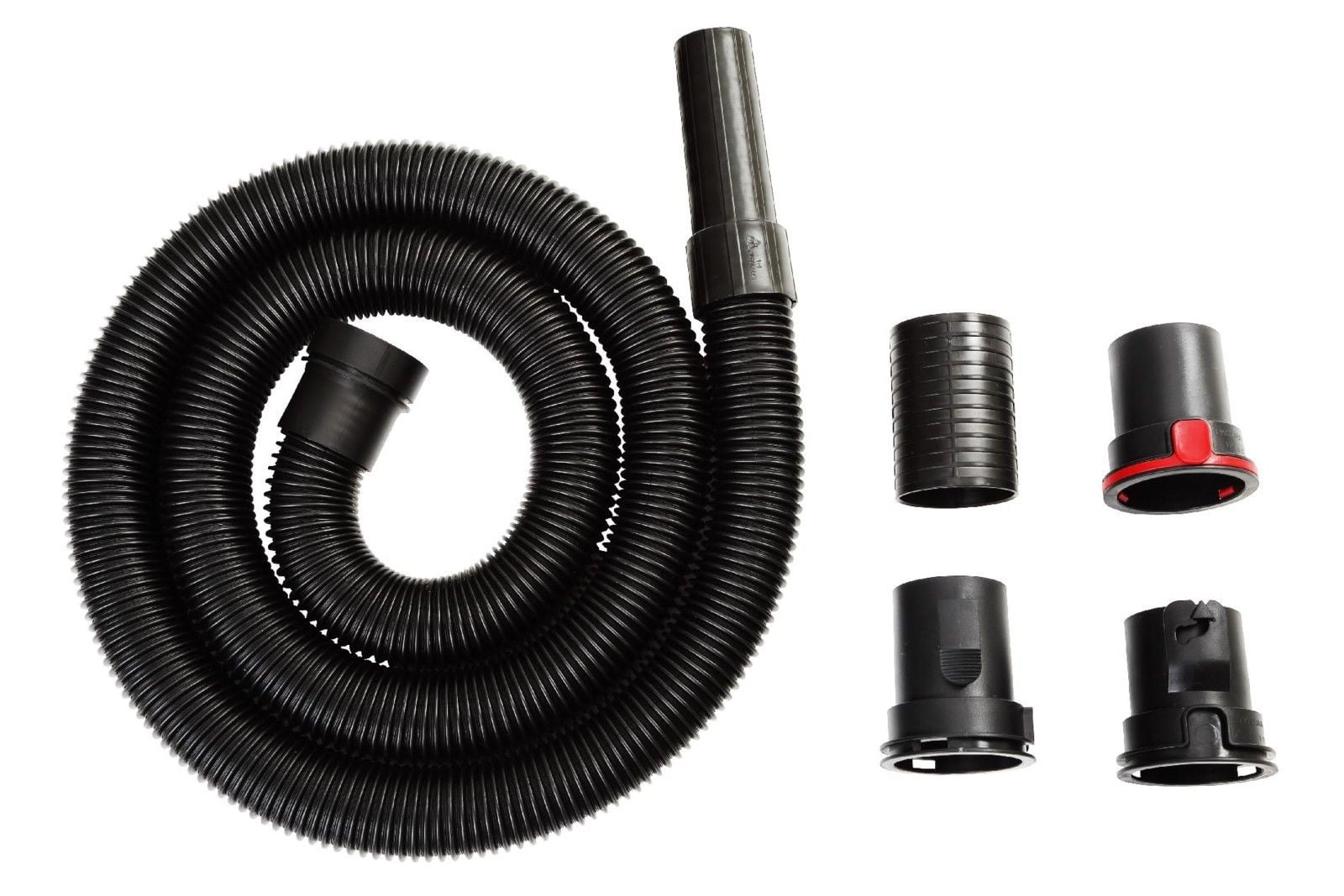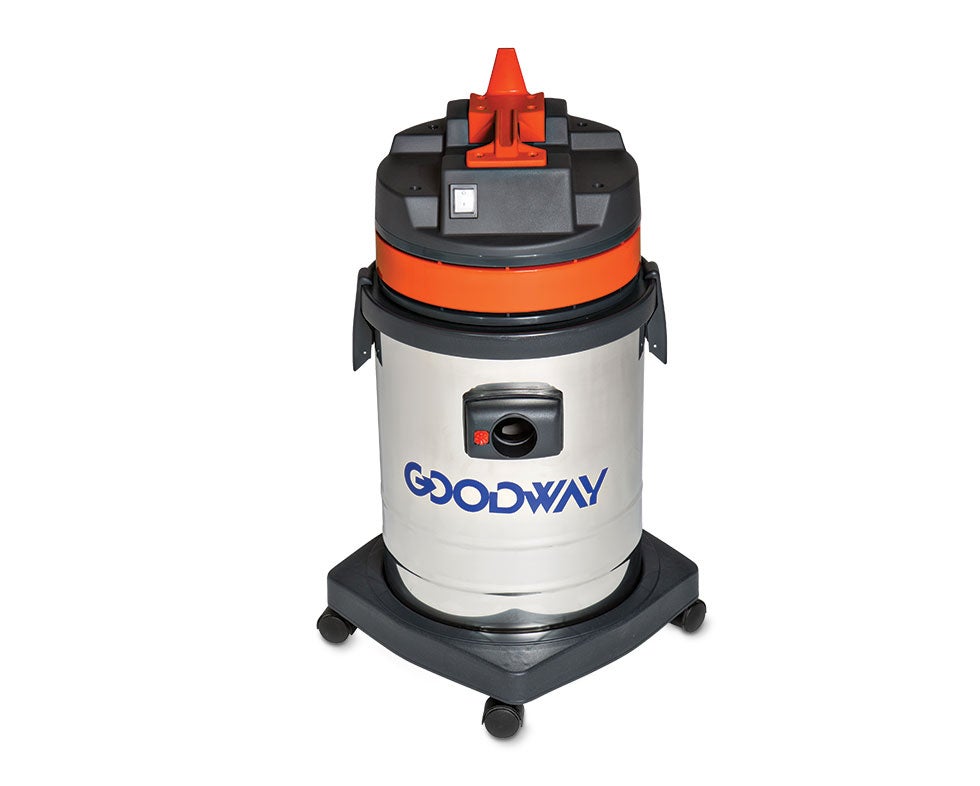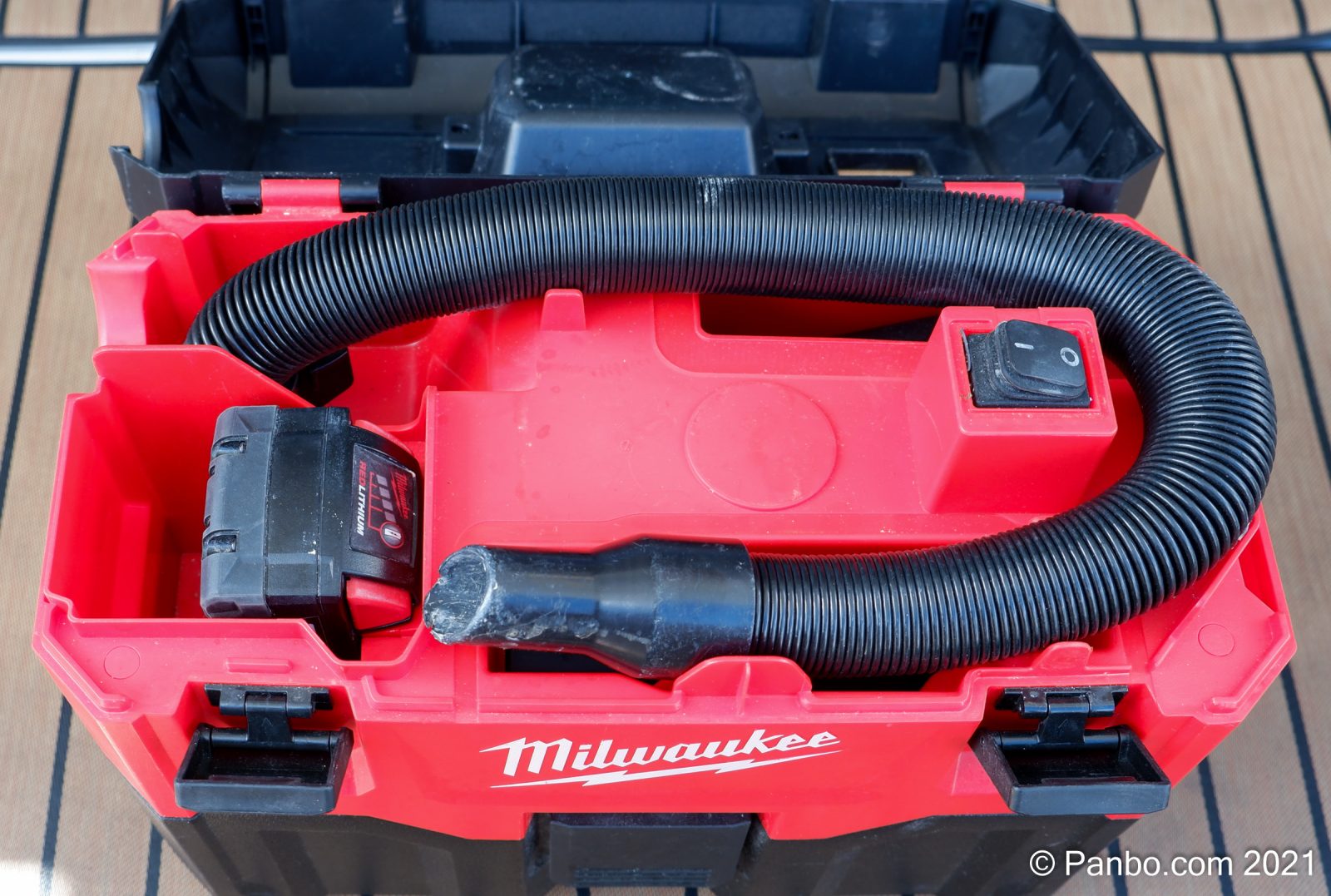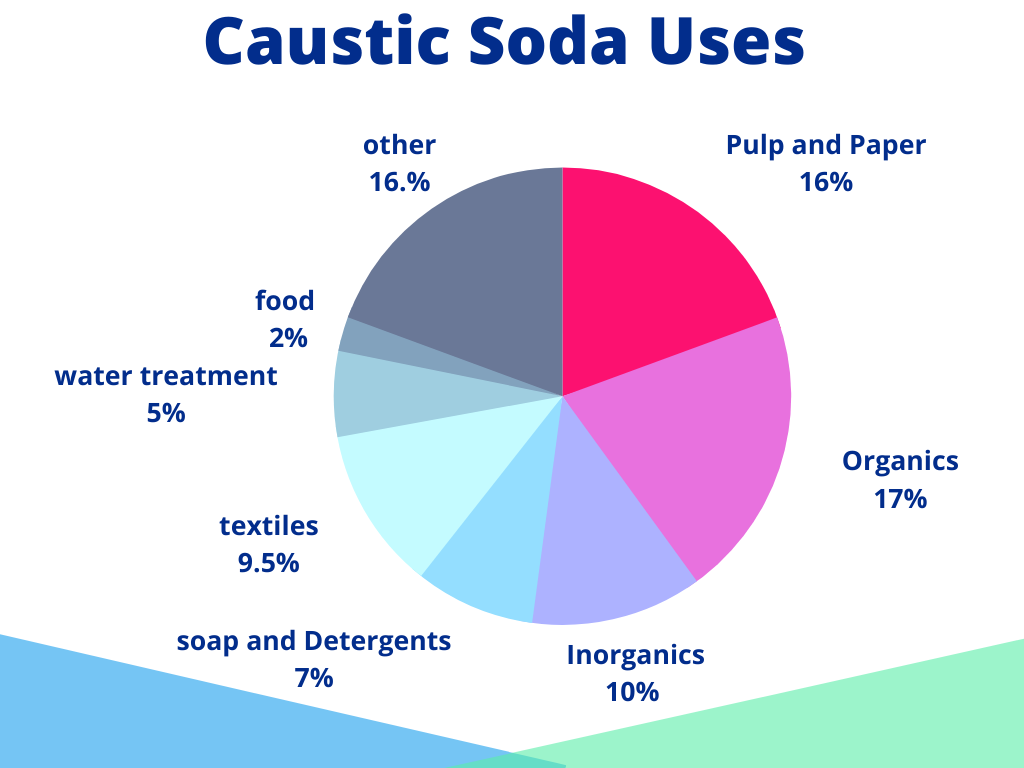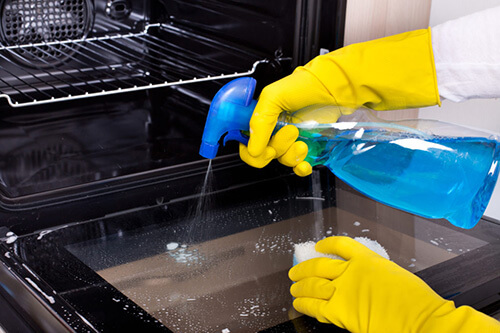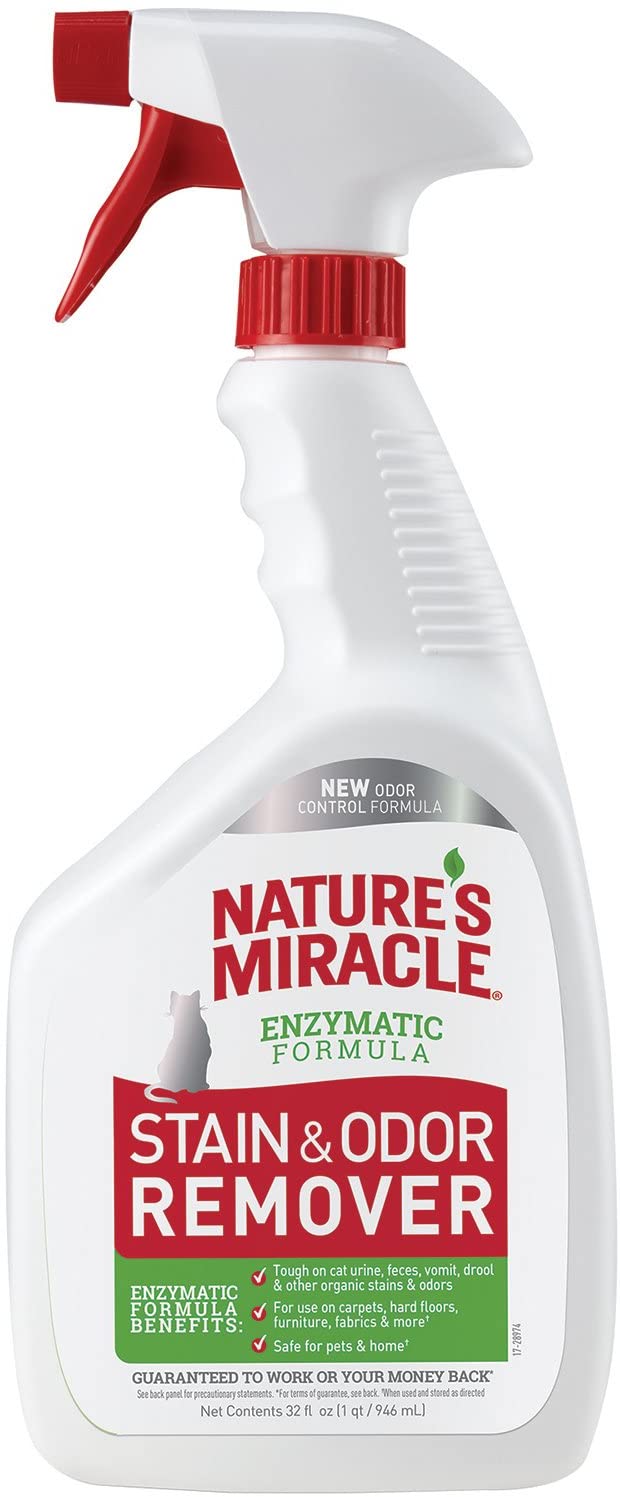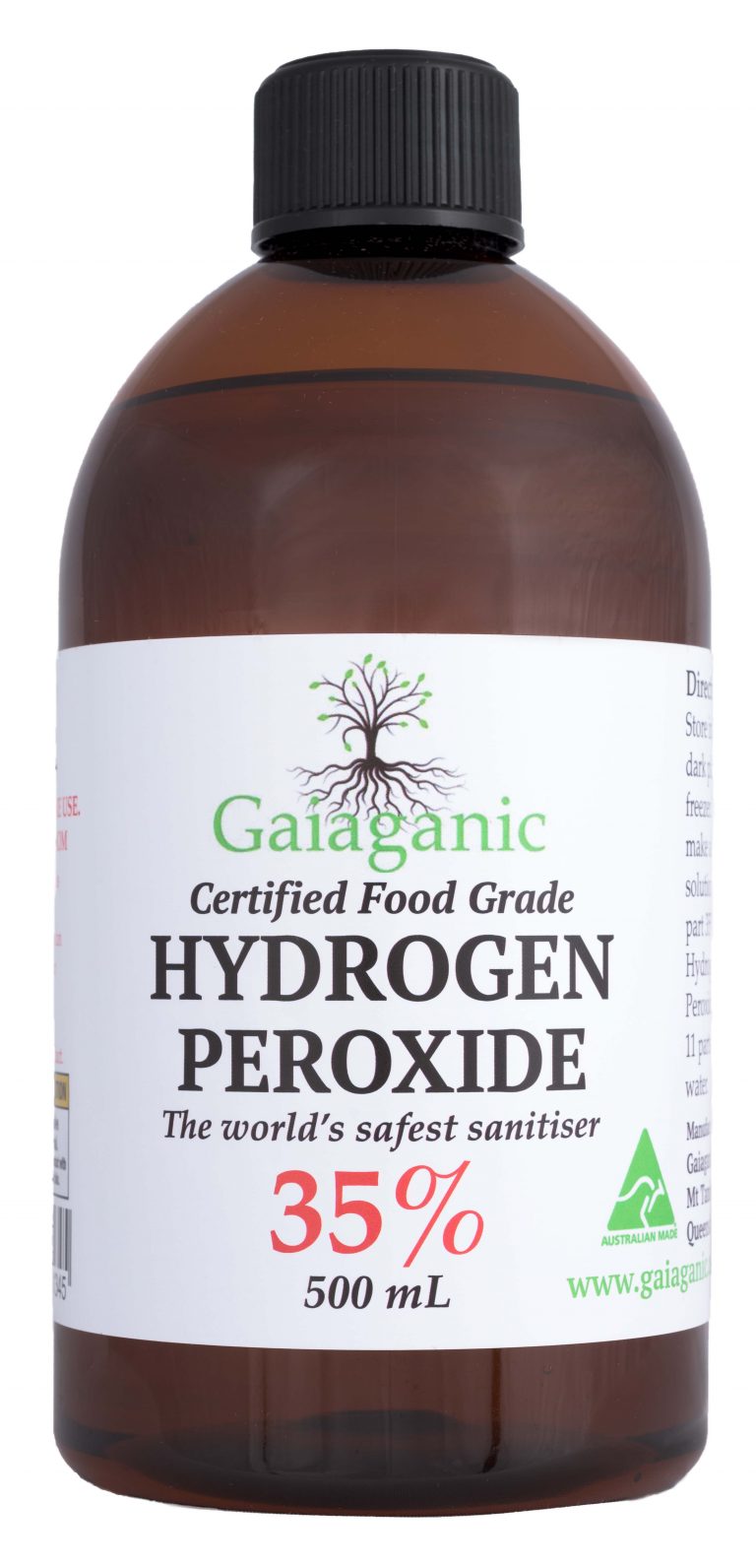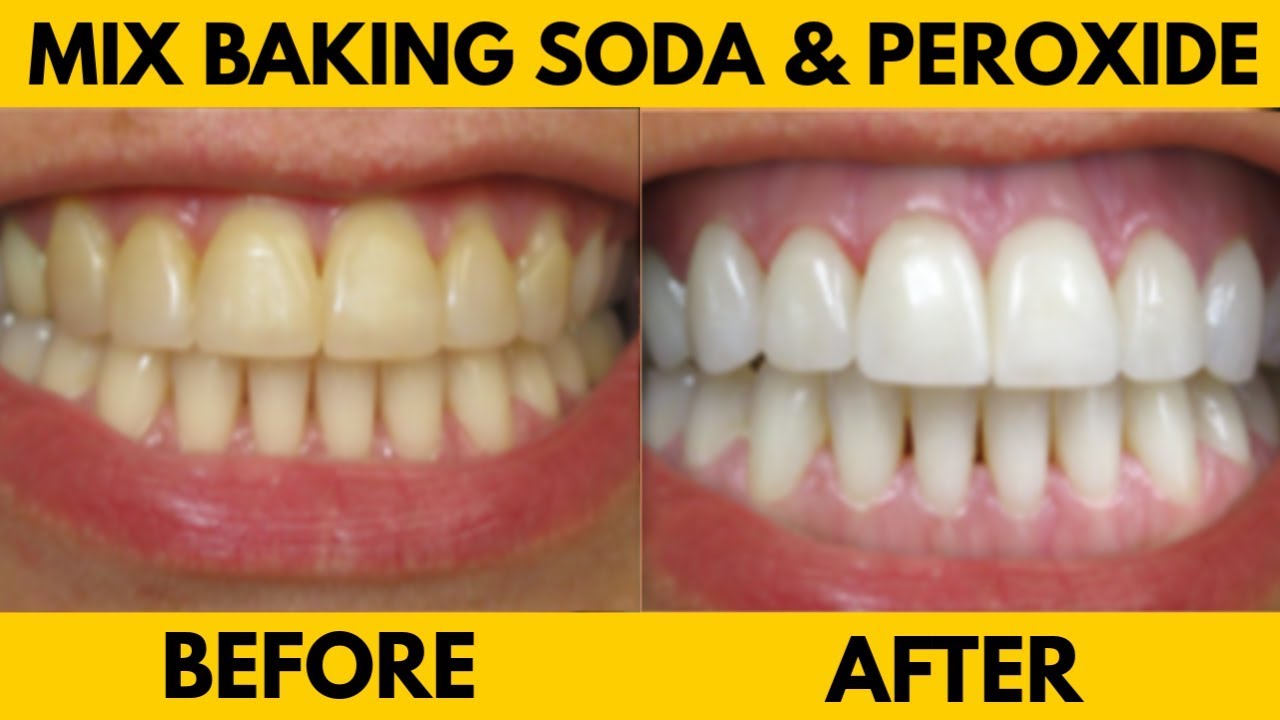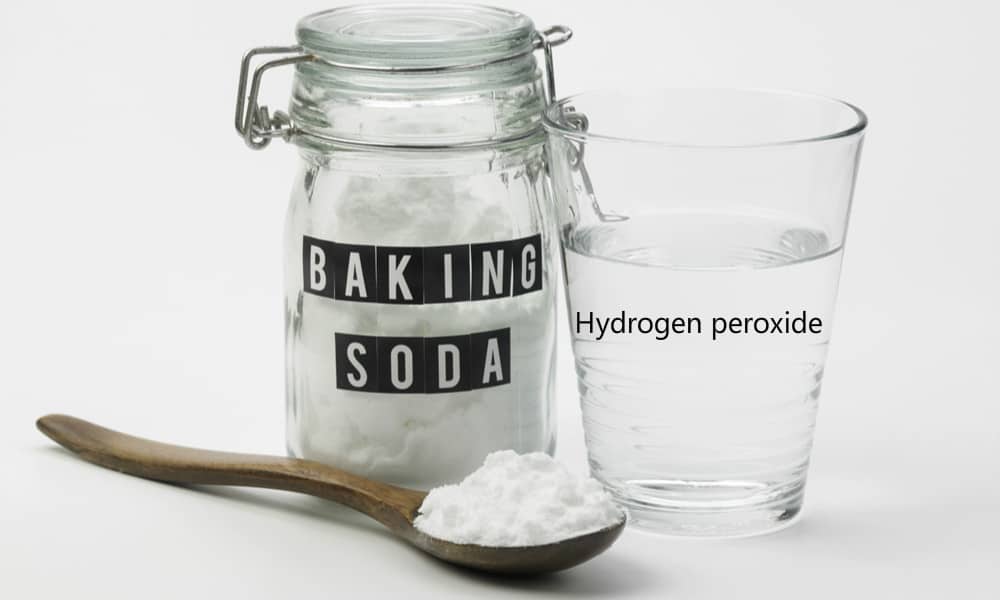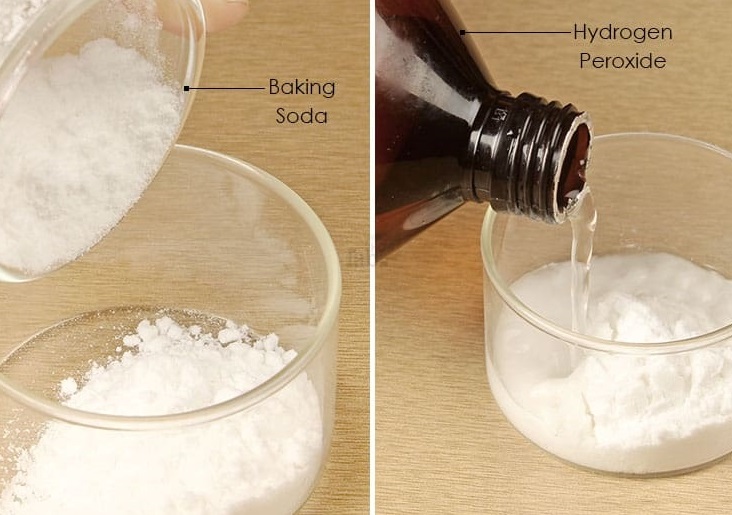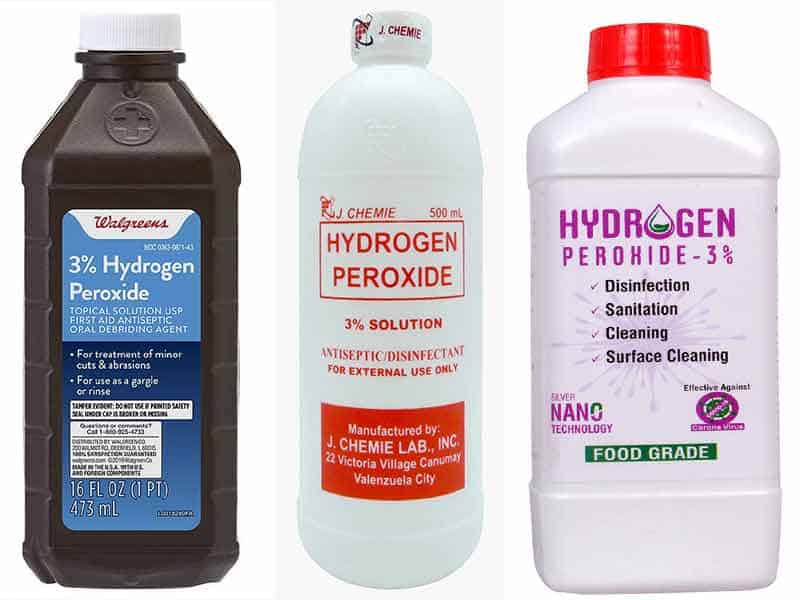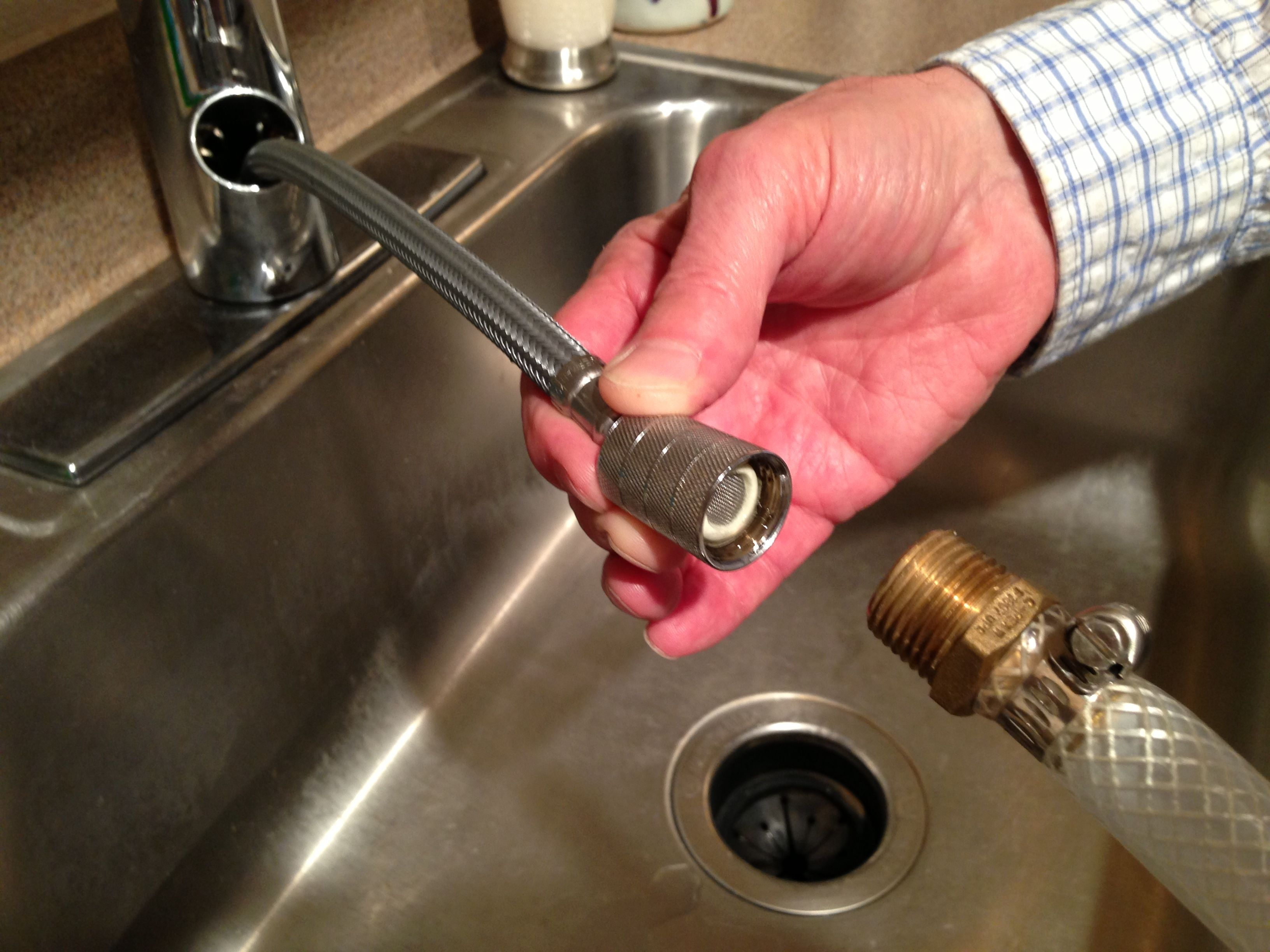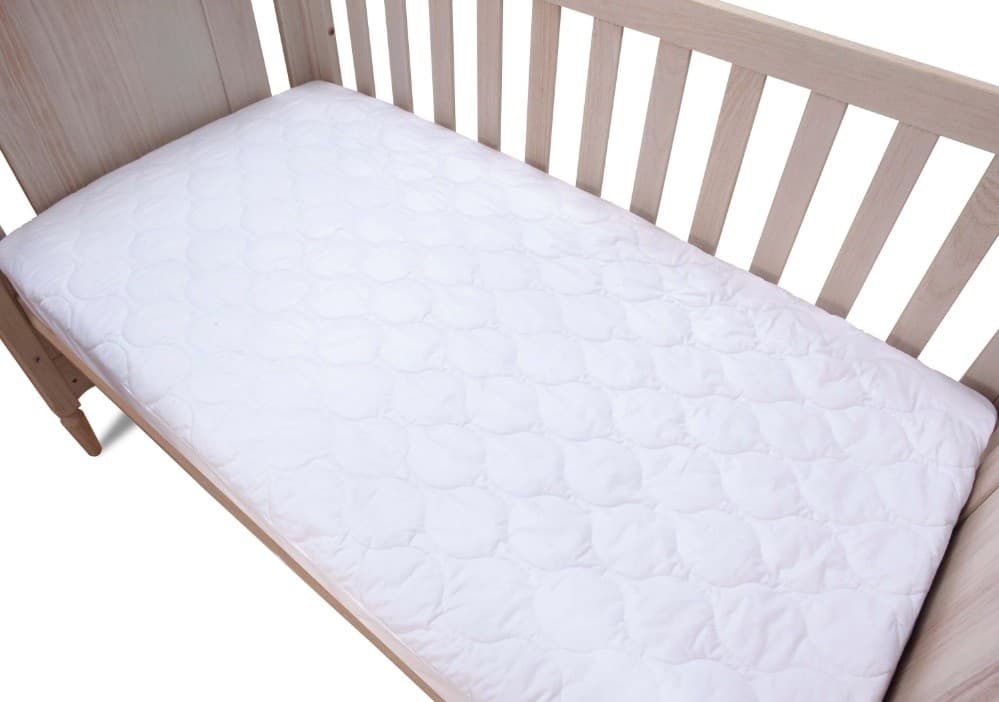If you're looking for a natural and effective way to unclog your kitchen sink, look no further than your pantry. Baking soda and vinegar are two household staples that can work wonders in clearing out stubborn clogs. To use this method, start by pouring 1/2 cup of baking soda down the drain, followed by 1/2 cup of white vinegar. The mixture will create a chemical reaction that can help break down any buildup or debris in your pipes. Let it sit for 10-15 minutes, then flush with hot water. Repeat if necessary.1. Baking Soda and Vinegar
Sometimes, a simple solution is all you need. If your sink is only partially clogged, pouring a pot of boiling water down the drain can be enough to loosen and flush away any blockages. Boiling water can help dissolve soap scum, grease, and other substances that may be causing the clog. Just be careful not to use this method if you have PVC pipes, as the extreme heat can damage them.2. Boiling Water
Another kitchen staple that can help unclog your sink is salt. Mix 1/2 cup of salt with a pot of hot water and pour it down the drain. The abrasive texture of the salt can help scrub away any buildup, while the hot water will help dissolve and flush it out.3. Salt and Hot Water
A plunger is a classic tool for unclogging drains, and it can work just as well on your kitchen sink as it does on your toilet. Make sure to use a sink plunger, which has a flat bottom and is specifically designed for sinks. Place the plunger over the drain and push down and up several times to create suction. This can help dislodge and remove any blockages in your pipes. If the sink is still clogged, try using a plumber's snake to remove any stubborn debris.4. Plunger
You may not think of dish soap as a clog-busting agent, but it can actually be quite effective. Pour a generous amount of dish soap down the drain, followed by a pot of hot water. The soap can help lubricate and loosen debris, making it easier to flush out. This method works best for minor clogs, so you may need to repeat it a few times for larger blockages.5. Dish Soap and Hot Water
If you have a clog that is caused by hair or other solid objects, a wire hanger can be a useful tool. Straighten out the hanger and create a small hook at one end. Insert the hanger into the drain and use the hook to grab onto any debris and pull it out. Make sure to wear gloves and be gentle to avoid damaging your pipes.6. Wire Hanger
If you have a wet and dry vacuum, you can use it to help unclog your kitchen sink. Set the vacuum to wet mode and cover the drain opening with an old cloth or towel to create a seal. Turn on the vacuum and let it suck out the clog. Be careful not to use this method if your sink is completely full or if there is standing water, as it could damage your vacuum.7. Wet and Dry Vacuum
If you have a severe clog that is not responding to other methods, you may need to use a stronger solution like caustic soda. This substance can be dangerous, so make sure to wear protective gloves and eyewear and follow the instructions carefully. Mix 3 cups of caustic soda with 3/4 gallon of cold water in a bucket. Stir until it dissolves, then pour it down the drain. Let it sit for 20-30 minutes, then flush with hot water.8. Caustic Soda
For a more natural and gentle approach, try using an enzyme cleaner to unclog your kitchen sink. These cleaners contain natural enzymes that can break down organic matter and help clear out your pipes. Simply pour the recommended amount of cleaner down the drain and let it sit for the recommended time. Then, flush with hot water to see if the clog has been cleared.9. Enzyme Cleaners
If you have a particularly stubborn clog, you can try combining the power of baking soda and hydrogen peroxide. Mix 1/4 cup of baking soda with 1/4 cup of hydrogen peroxide and pour it down the drain. Let it sit for 30 minutes, then flush with hot water. This method can help dissolve and dislodge tough clogs, but it may also damage certain types of pipes, so use it with caution. With these natural and effective methods, you can keep your kitchen sink free from clogs without relying on harsh chemicals. Try them out the next time you have a clog and see which one works best for you!10. Hydrogen Peroxide and Baking Soda
Additional Ways to Unclog Your Kitchen Sink Naturally

1. Use Baking Soda and Vinegar
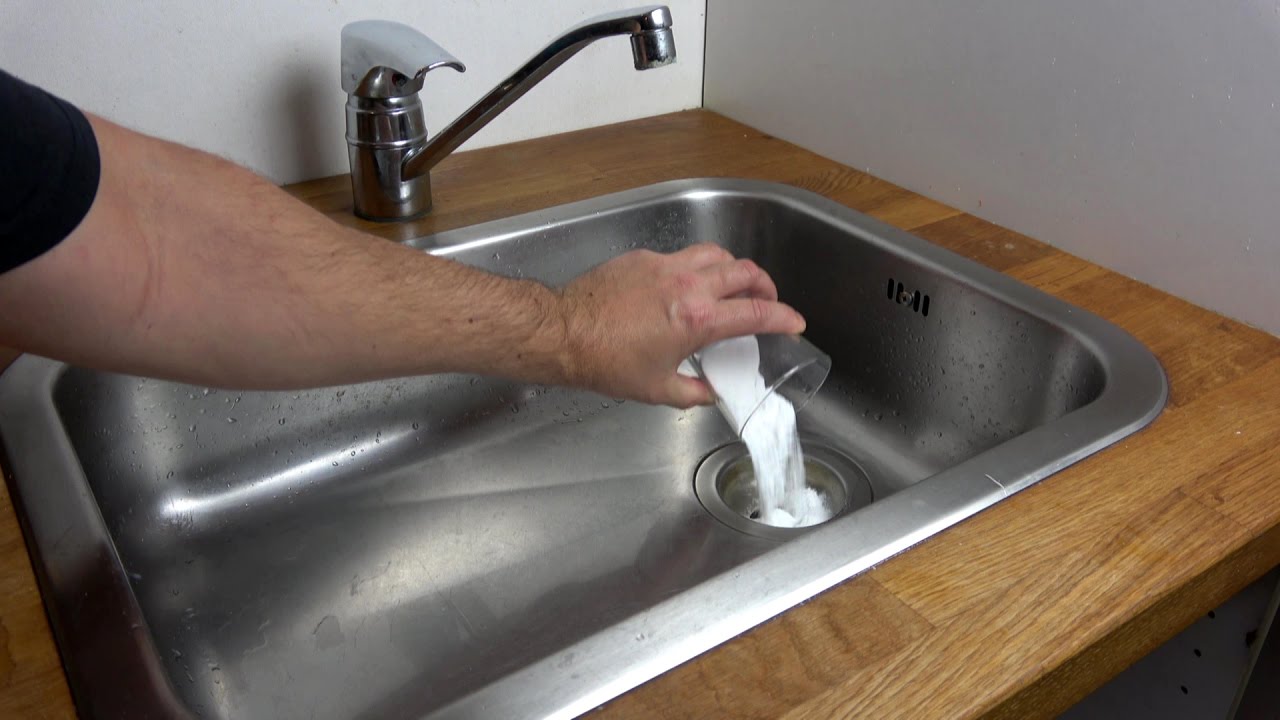 One of the most effective and natural ways to
unclog your kitchen sink
is by using a combination of baking soda and vinegar. This powerful duo creates a chemical reaction that helps to break down any buildup or clogs in your pipes. Simply pour half a cup of baking soda down the drain, followed by half a cup of vinegar. Let it sit for about 30 minutes before flushing it with hot water. This method is not only effective but also
environmentally friendly
.
One of the most effective and natural ways to
unclog your kitchen sink
is by using a combination of baking soda and vinegar. This powerful duo creates a chemical reaction that helps to break down any buildup or clogs in your pipes. Simply pour half a cup of baking soda down the drain, followed by half a cup of vinegar. Let it sit for about 30 minutes before flushing it with hot water. This method is not only effective but also
environmentally friendly
.
2. Try a Plunger
 A plunger is not just for toilets, it can also be used to
unclog your kitchen sink
. Make sure to use a plunger with a flat bottom, as it will create a better seal around the drain. Fill the sink with enough water to cover the plunger and start plunging up and down vigorously. This will create suction and help to dislodge any clogs. Once you feel the clog has been cleared, run hot water to flush out any remaining debris.
A plunger is not just for toilets, it can also be used to
unclog your kitchen sink
. Make sure to use a plunger with a flat bottom, as it will create a better seal around the drain. Fill the sink with enough water to cover the plunger and start plunging up and down vigorously. This will create suction and help to dislodge any clogs. Once you feel the clog has been cleared, run hot water to flush out any remaining debris.
3. Use a Plumbing Snake
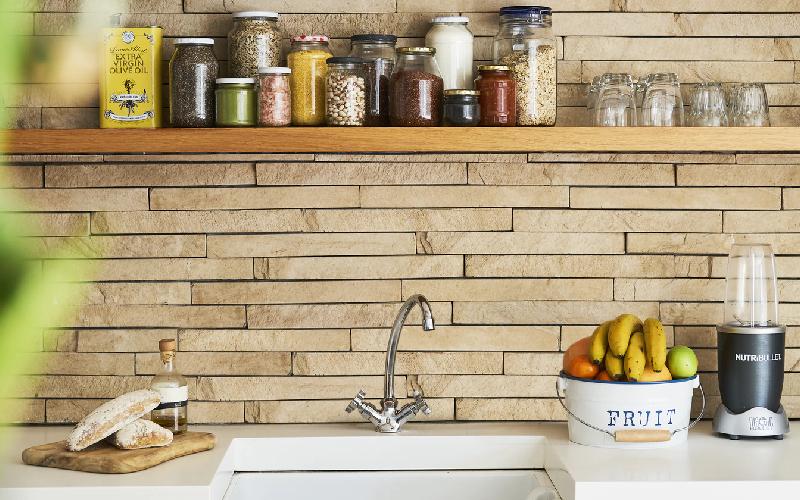 If the clog in your kitchen sink is particularly stubborn, you may need to use a plumbing snake to
unclog it
. This tool is a long, flexible wire that can be inserted into the drain and rotated to break up and remove any clogs. Make sure to follow the instructions carefully and wear gloves to protect your hands. This method may require some extra effort, but it is a
highly effective
way to clear tough clogs.
If the clog in your kitchen sink is particularly stubborn, you may need to use a plumbing snake to
unclog it
. This tool is a long, flexible wire that can be inserted into the drain and rotated to break up and remove any clogs. Make sure to follow the instructions carefully and wear gloves to protect your hands. This method may require some extra effort, but it is a
highly effective
way to clear tough clogs.
4. Clean the P-Trap
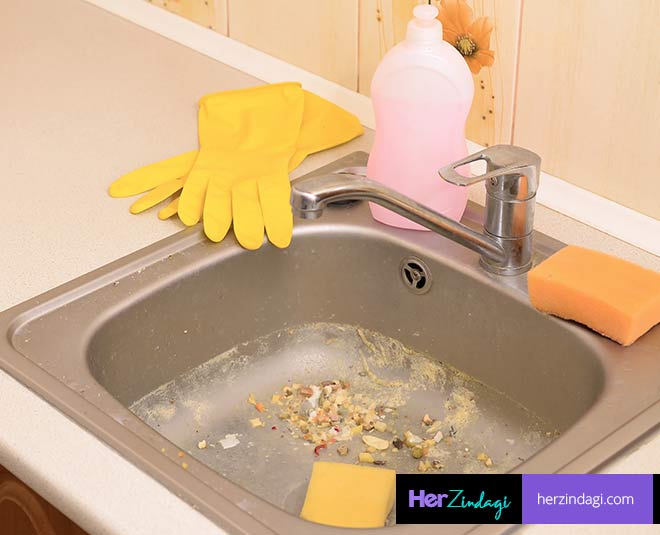 The P-trap is the curved pipe under your sink that traps debris and prevents it from going further into your plumbing system. However, over time, this trap can become clogged with food particles and grease. To clean it, place a bucket under the trap to catch any water and debris, then unscrew the P-trap and remove it. Clean out any buildup and reattach the trap. This will not only
unclog your kitchen sink
but also
prevent future clogs
.
The P-trap is the curved pipe under your sink that traps debris and prevents it from going further into your plumbing system. However, over time, this trap can become clogged with food particles and grease. To clean it, place a bucket under the trap to catch any water and debris, then unscrew the P-trap and remove it. Clean out any buildup and reattach the trap. This will not only
unclog your kitchen sink
but also
prevent future clogs
.
5. Use Boiling Water
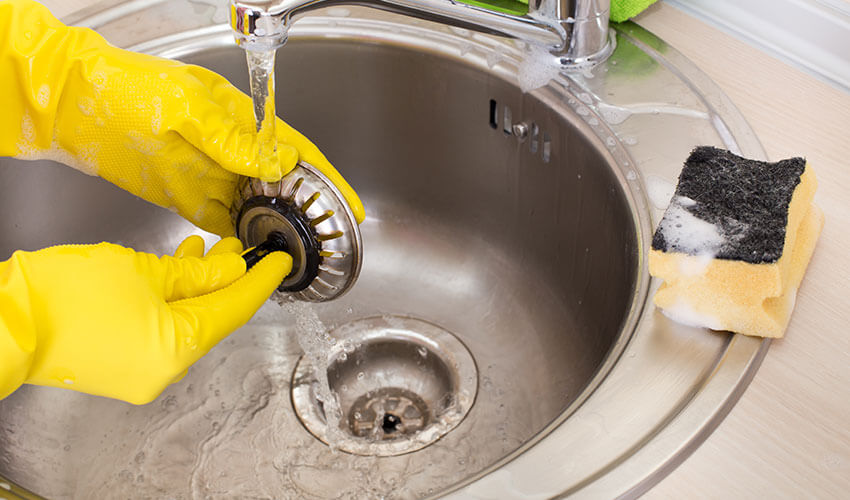 For minor clogs,
boiling water
can be a quick and easy solution. Simply heat a pot of water to boiling and carefully pour it down the drain in two to three stages, allowing the water to work for a few seconds in between each pour. The heat and force of the water can help to break up and flush out any clogs.
For minor clogs,
boiling water
can be a quick and easy solution. Simply heat a pot of water to boiling and carefully pour it down the drain in two to three stages, allowing the water to work for a few seconds in between each pour. The heat and force of the water can help to break up and flush out any clogs.
Conclusion
 With these
natural
and
effective
methods, you can
unclog your kitchen sink
without the use of harsh chemicals. Remember to
regularly maintain
your sink and
properly dispose
of food scraps to prevent future clogs. However, if these methods do not work, it may be a sign of a more serious plumbing issue and it is best to
call a professional
for assistance.
With these
natural
and
effective
methods, you can
unclog your kitchen sink
without the use of harsh chemicals. Remember to
regularly maintain
your sink and
properly dispose
of food scraps to prevent future clogs. However, if these methods do not work, it may be a sign of a more serious plumbing issue and it is best to
call a professional
for assistance.




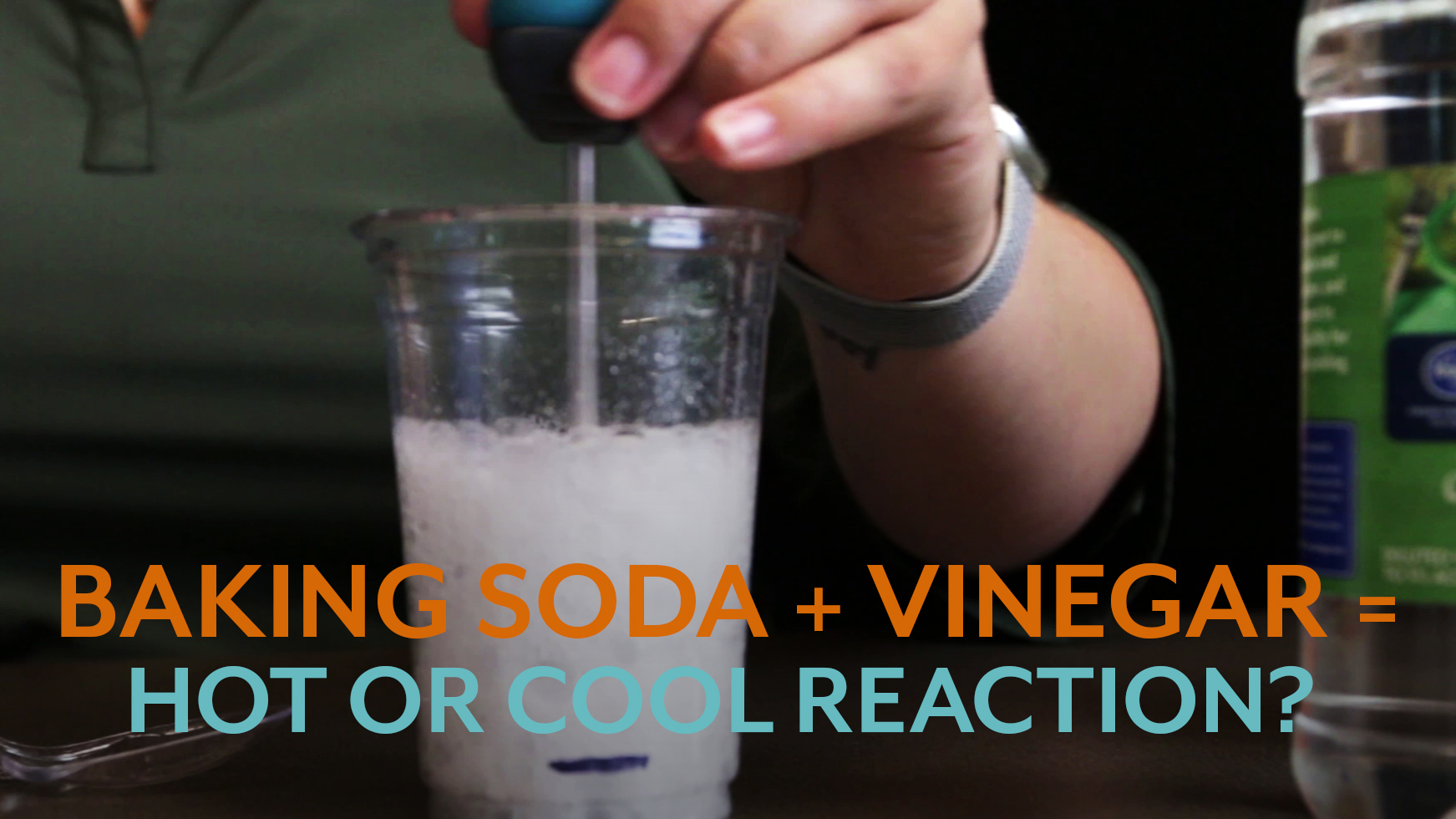


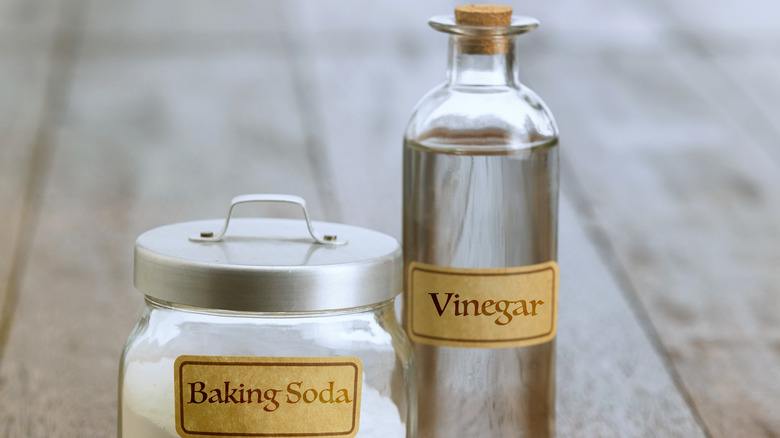
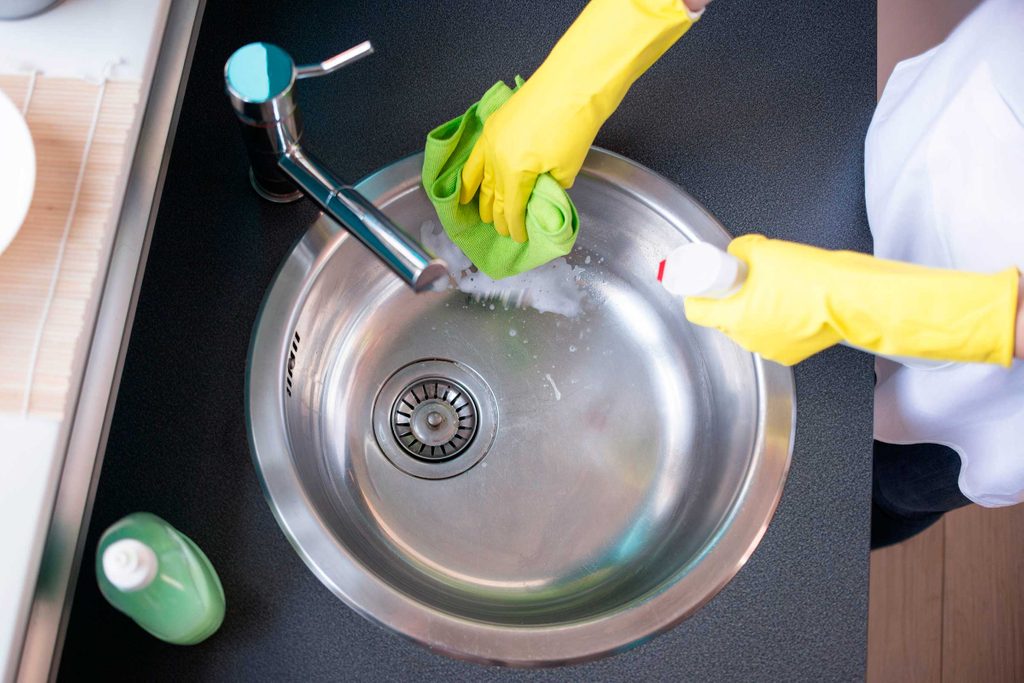






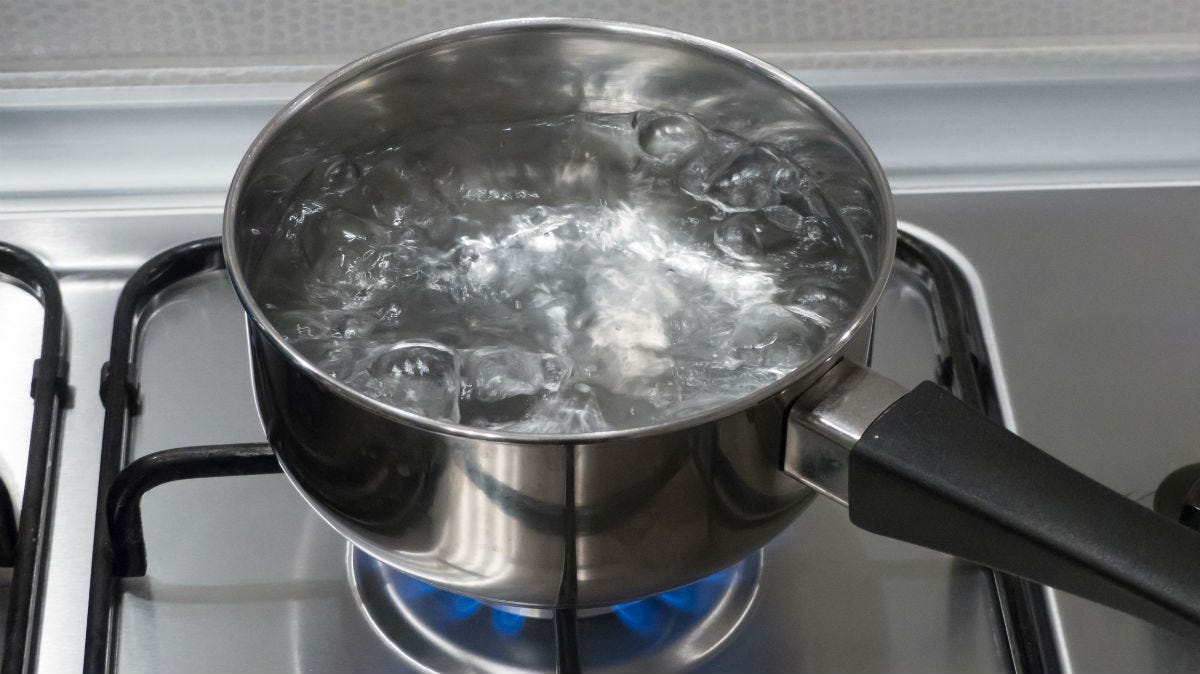


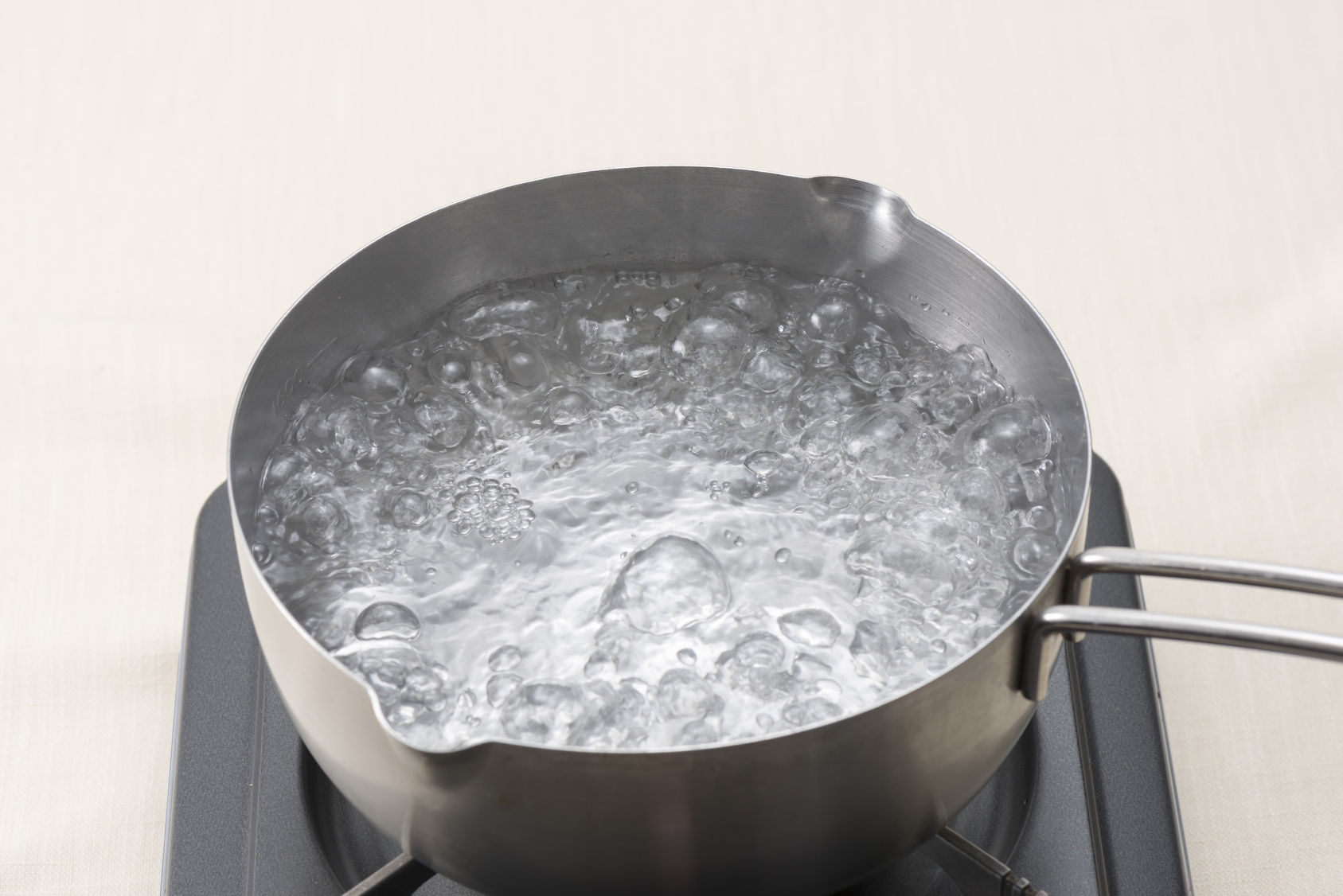
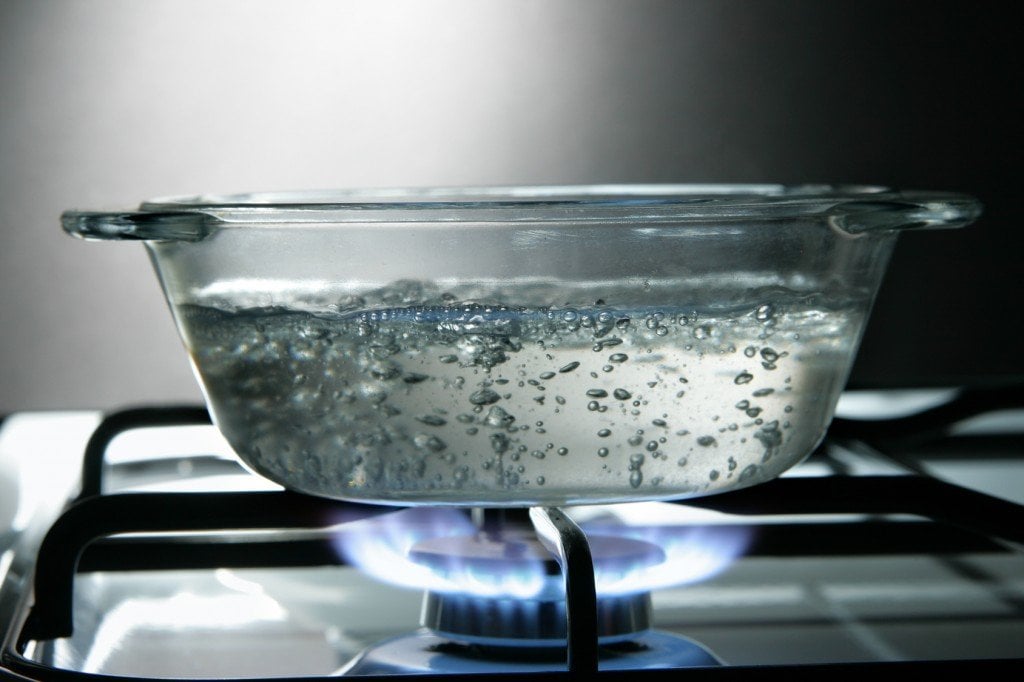
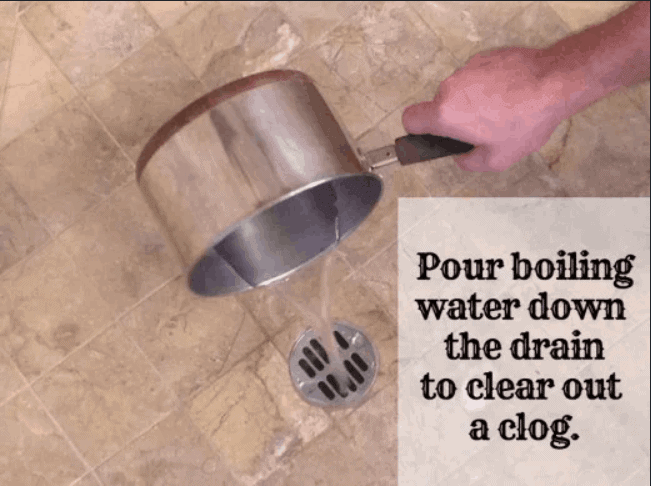
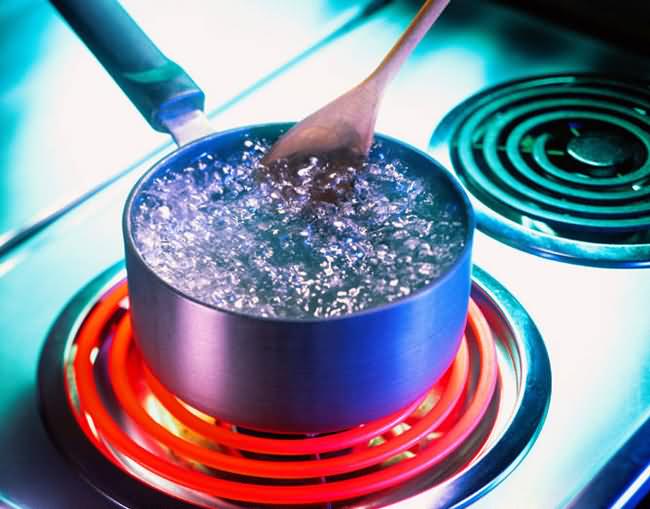


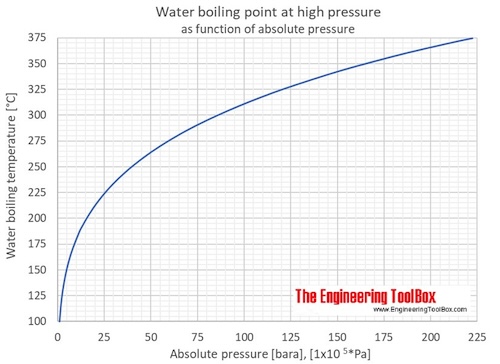
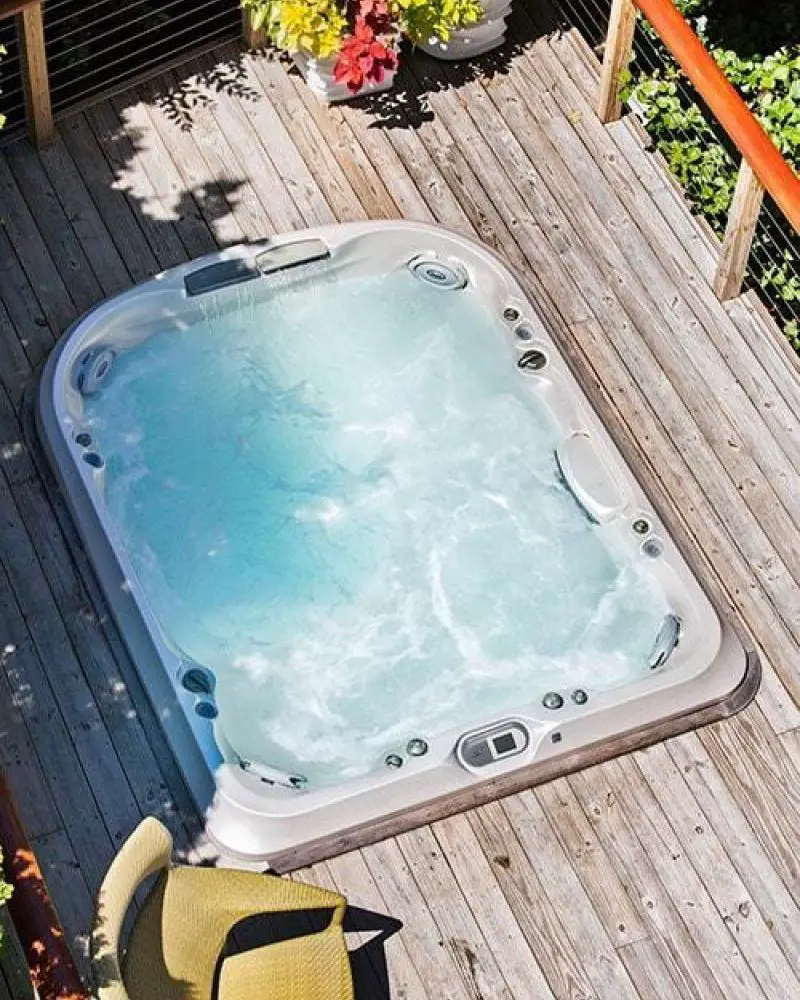



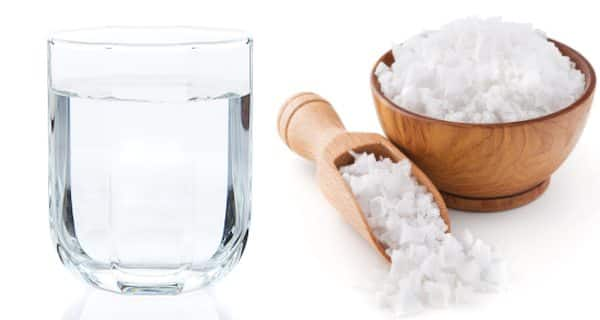









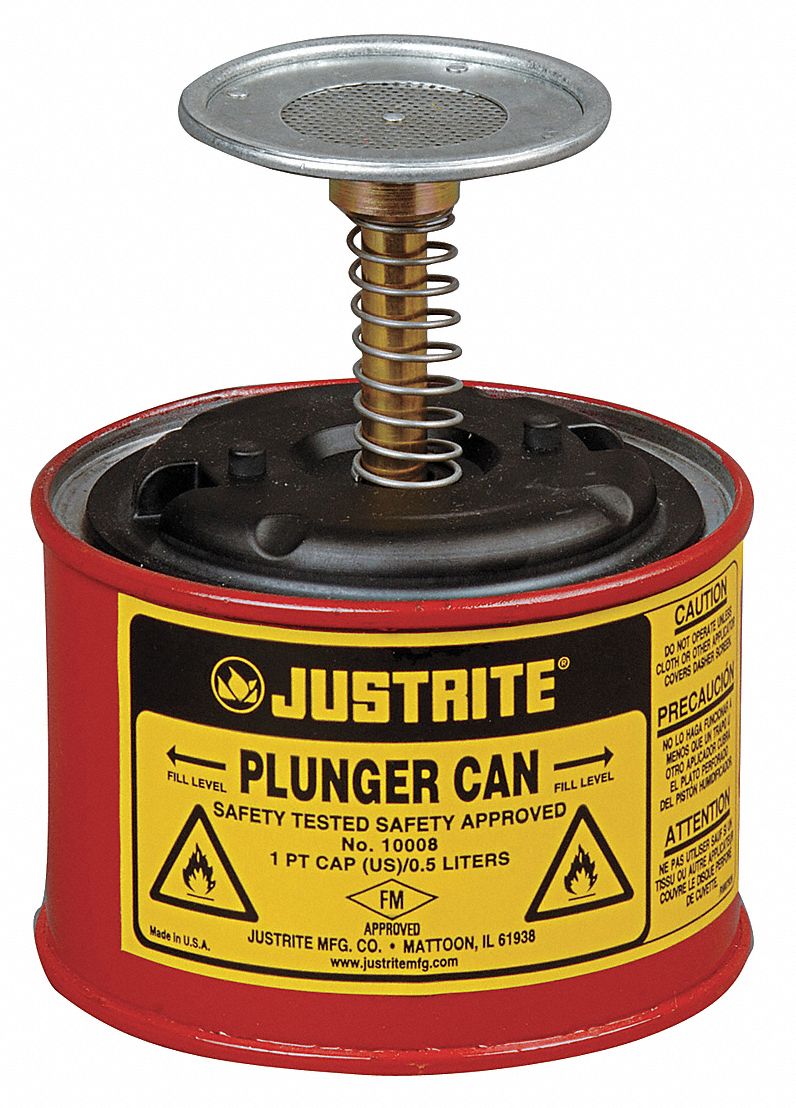
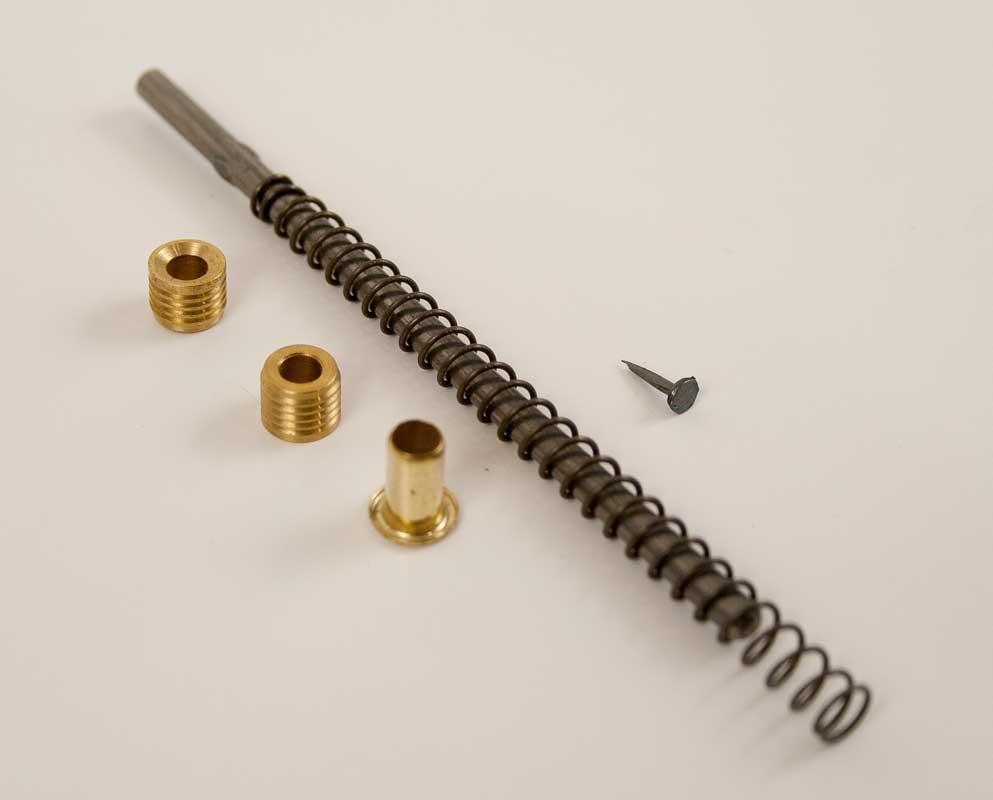


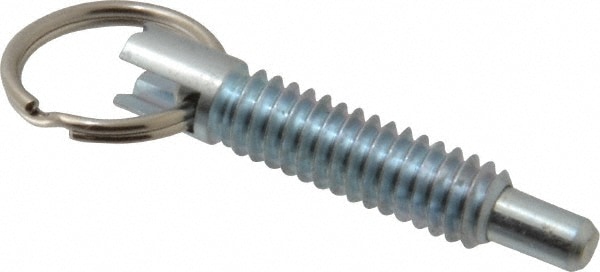


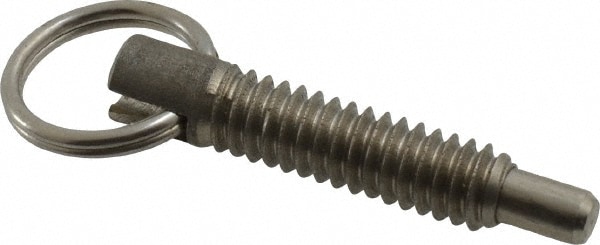
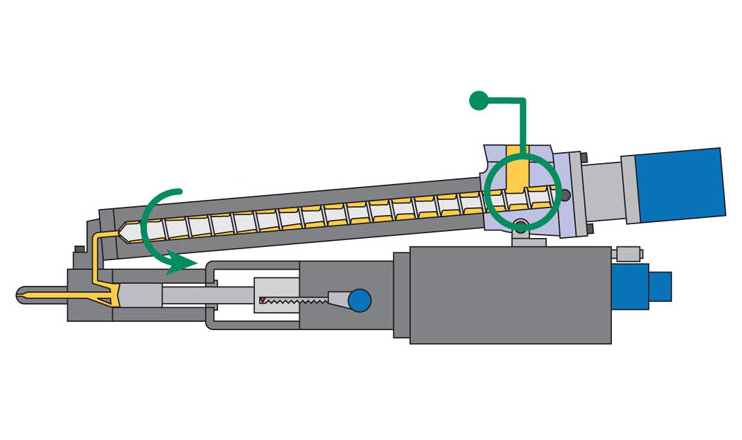

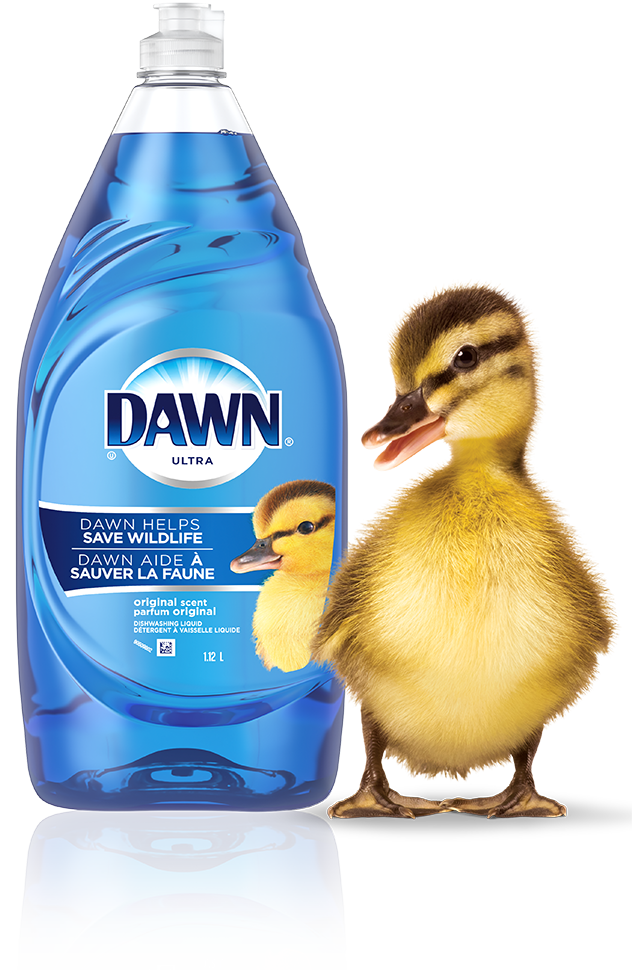

/GettyImages-80566571-5a1ca234aad52b00373338ff.jpg)
